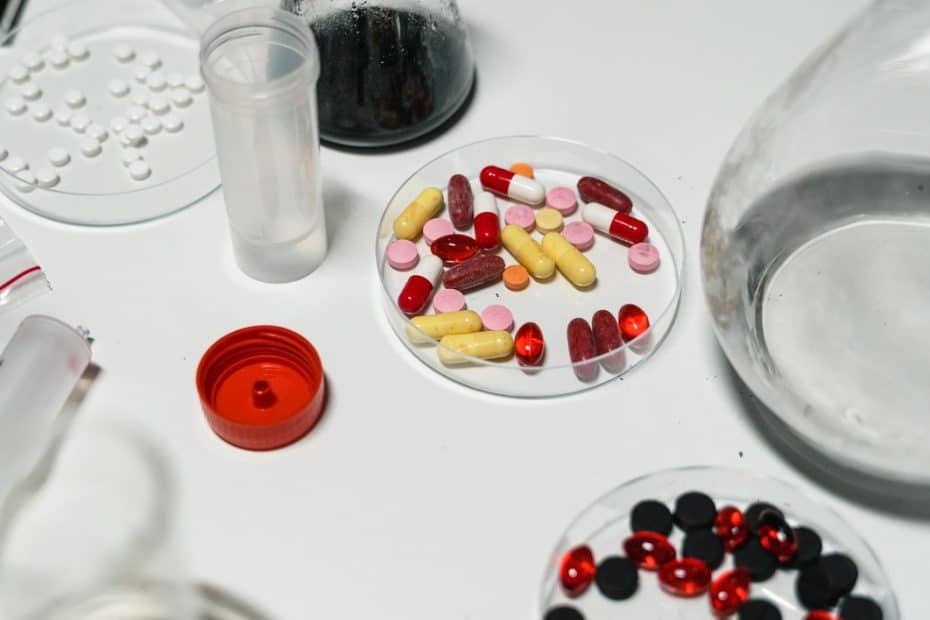Safety in numbers…
Stopping is one thing, staying stopped presents it’s own set of challenges. That’s why, at The Bardo, our programs come with aftercare counselling and lifetime telephone support. Support groups like Alcoholics Anonymous, Narcotics Anonymous, and Recovery Dharma can also be a great way to continue with your recovery once you have completed a detox or rehab stay as an extra protective measure while you settle into a new, addiction free life.
When it comes to recovering from addiction, finding the right support can make all the difference. Self-help groups offer a unique blend of community, shared experience, and practical strategies to help individuals navigate their recovery journey. Whether you’re dealing with alcohol, drugs, or other addictive behaviours, there’s likely a self-help group that’s just right for you. Let’s take a friendly stroll through some of the most popular and effective self-help groups available in Australia, and see how they might fit into your recovery plan.
Alcoholics Anonymous (AA)
Website: www.aa.org.au
Contact: AA Australia National Office: +61 2 9599 8866
Alcoholics Anonymous, or AA, is perhaps the most well-known self-help group for those struggling with alcohol addiction. Founded in 1935, AA has a long history of helping people achieve and maintain sobriety. The cornerstone of AA is its 12-step program, which encourages members to admit their powerlessness over alcohol, seek help from a higher power, and make amends for past mistakes.
In Australia, AA meetings are held both in-person and online, providing flexibility for participants. These gatherings provide a safe space for individuals to share their experiences, offer support, and build a sense of community. One of the key principles of AA is anonymity, ensuring that members can share openly without fear of judgement.
Narcotics Anonymous (NA)
Website: www.na.org.au
Contact: NA Australia National Helpline: 1300 652 820
If drugs are your primary concern, Narcotics Anonymous (NA) might be the group for you. Similar to AA, NA utilises a 12-step approach tailored specifically for those recovering from drug addiction. Founded in 1953, NA has grown into a global organisation, with meetings available across Australia.
NA meetings are welcoming and inclusive, open to anyone who wants to overcome their addiction. The emphasis is on mutual support and shared experiences, creating a strong network of peers who understand what you’re going through. Like AA, NA values anonymity, allowing members to discuss their struggles and successes openly.
SMART Recovery
Website: www.smartrecoveryaustralia.com.au
Contact: SMART Recovery Australia: 02 9373 5100
SMART Recovery stands out from AA and NA with its science-based approach to addiction recovery. SMART, which stands for Self-Management and Recovery Training, focuses on empowering individuals to take control of their lives without relying on a higher power. Instead, SMART Recovery utilises cognitive behavioural therapy (CBT) techniques to help members manage their thoughts, feelings, and behaviours.
Meetings are held both in-person and online, providing flexibility for participants. SMART Recovery Australia also offers a wealth of online resources, including forums, worksheets, and educational materials. This approach is particularly appealing to those who prefer a more secular, evidence-based path to recovery.
Recovery Dharma
Website: www.recoverydharma.org
Contact: info@recoverydharma.org (email contact only)
Recovery Dharma offers a unique approach to addiction recovery, rooted in Buddhist principles and practices. This group encourages members to use meditation, mindfulness, and the teachings of Buddhism to overcome addiction. Recovery Dharma focuses on the Four Noble Truths and the Eightfold Path, providing a spiritual framework that can be particularly appealing to those who resonate with Eastern philosophies.
While based in the United States, Recovery Dharma has a growing presence in Australia with online meetings available to cater to the Australian time zones. These meetings include meditation sessions, group discussions, and readings from Buddhist texts. Recovery Dharma emphasises self-inquiry, community support, and personal growth, offering a holistic approach to recovery that addresses both the mind and spirit.
The Journey Forward
Deciding which self-help group is right for you can feel overwhelming, but the good news is that there’s no need to choose just one. Many individuals find value in attending different types of meetings and drawing from the diverse approaches each group offers. The most important thing is to find a community where you feel supported, understood, and empowered to make positive changes in your life.
If you’re unsure where to start, consider attending a few meetings from each group to see which resonates with you. Remember, recovery is a personal journey, and there’s no one-size-fits-all solution. What matters most is that you take that first step towards finding the support you need.
Making the Most of Self-Help Groups
Here are a few tips to help you get the most out of your self-help group experience:
-
- Be Open and Honest: Sharing your story and listening to others can be incredibly healing. Don’t be afraid to speak up and be vulnerable.
- Stay Consistent: Regular attendance is key to building strong connections and staying motivated in your recovery.
- Engage in the Community: Many groups offer social events, volunteer opportunities, and other activities. Getting involved can deepen your sense of belonging.
- Utilise Online Resources: Take advantage of the wealth of information, forums, and support networks available online.
- Be Patient: Recovery is a journey, and it’s okay to take it one day at a time. Celebrate your progress and be kind to yourself during setbacks.
A Final Thought
Recovering from addiction is one of the most challenging yet rewarding journeys you can undertake. Self-help groups offer a lifeline of support, understanding, and practical tools to help you navigate this path. Whether you resonate with the spiritual approach of AA and NA, the scientific grounding of SMART Recovery, or the mindful practices of Recovery Dharma, there’s a community out there ready to welcome you with open arms.
So why not take that first step today? Visit the websites, find a meeting, and discover the power of shared experience in your recovery journey. Remember, you’re not alone – and with the support of a self-help group, you have a world of resources at your fingertips to help you reclaim your life.
For more advice on which way forward is best for you give us a call on 0411 071 146.



